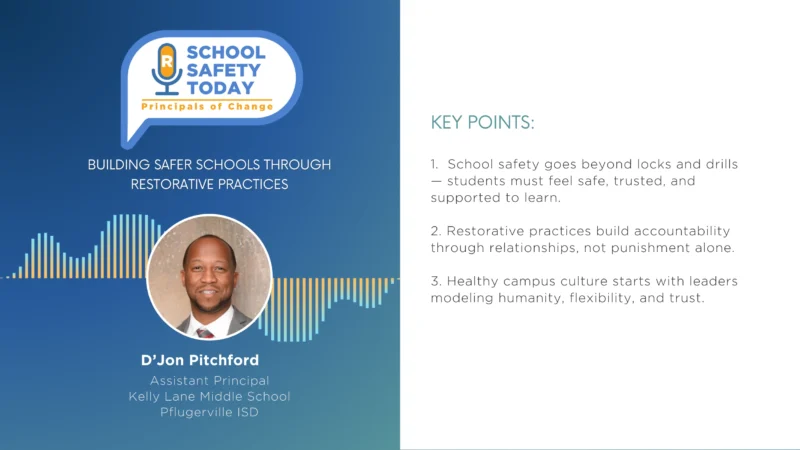How to Make Educational Content Suitable for Online Training
Transitioning from face-to-face training to online education isn’t easy, and online collaboration and training aren’t going away anytime soon. Without the right approach, online training can be dull, monotonous and overwhelming – and can even fail to have the impact on learners that spurred its creation in the first place.
It requires more than posting existing content and hoping learners engage with it. You need to rethink and revise your training program to make it effective for online trainees.
Fortunately, there are a variety of best practices for achieving better results in an eLearning environment.
Revise the Online Training’s Objectives
Moving online means you’ll likely be using different teaching methods, learning online tools, changing the material, and possibly reorganizing practical applications.
You have to keep up with those shifts and adapt your overarching objectives. Go back to your set goals and ask yourself, “Which can still be met?”
Be realistic about objectives that are impossible to carry out in online training. Removing those objectives from the start can give you more room to set new achievable objectives and adapt content accordingly.
Revise your milestones, as well. Online training often takes more time that face-to-face education, so factor that into your overall course plan.
Re-evaluate the Course’s Structure
“Good design leads students to a destination,” wrote Nilson and Goodson in their book, “Online Teaching at Its Best.” Online education is a holistic journey, not a simple combination of lessons.
If you overload your trainees with new information, their cognitive load will reach its limit, and they won’t be able to process the information properly.
To prevent this from happening, organize educational content in digestible chunks. Think about what content is actually necessary and what can be taken out.
In terms of structure, you should diversify the content. Online training is typically less interactive, so you need to find a way to keep trainees’ attention. Intertwine the existing content with activities, videos, visuals, slide shows and examples.
If you conclude that you can’t fit the new structure within the dedicated length of the training course, think about enhancing the training with an outsourced tutor. You can reach out to online tutoring services to take some of the load.
Overall, the guiding thought you need to follow is to set a structure that is most efficient for an online environment.
Provide Context for the Presented Information
It is a common misconception that online material is best presented in bullet points. This may be true when it comes to conferences and presentations, but your course is different – you want to provide trainees with the educational content they can learn from.
Bullet points can strip the meaning from the presented information, creating chaos in a trainee’s learning.
Edit the content you have to make it digestible and understandable, but don’t skimp. Provide trainees with the necessary context that will fill in the blanks. Bullet points can be your foundation but add additional explanation and multimedia. Trainees should be able to go back to previously taught material and understand it without your help.
For this editing task, you can team up with companies that write papers for students, which have experience with how to present information in a comprehensive way.
Shorten Lengthy Documents and Videos
Are there any lengthy word documents, long videos or book-length training manuals among your educational content? If the answer is yes, it’s time for some adjustment.
Cramming a ton of information within one lengthy document, video or manual isn’t the answer. In an article for Time magazine, the founder of Khan Academy, Salman Khan, noted that “students’ attention maxed out at around 10 or 15 minutes.” This is why lengthy lessons aren’t effective.
You don’t have to throw out any important segment of your training. Simply shorten the existing content or reorganize it. Shorter content will help trainees to digest the information and remember more of your lessons.
Remember, the more digestible and comprehensible your educational content is, the quicker will trainees master the course.
—
Jessica Fender is a professional writer and educational blogger at Alltopreviews, an aggregator for useful college resources and websites. Jessica enjoys sharing her ideas to make writing and learning fun.
—
Follow us on social media for the latest updates in B2B!
Twitter – @MarketScale
Facebook – facebook.com/marketscale
LinkedIn – linkedin.com/company/marketscale








